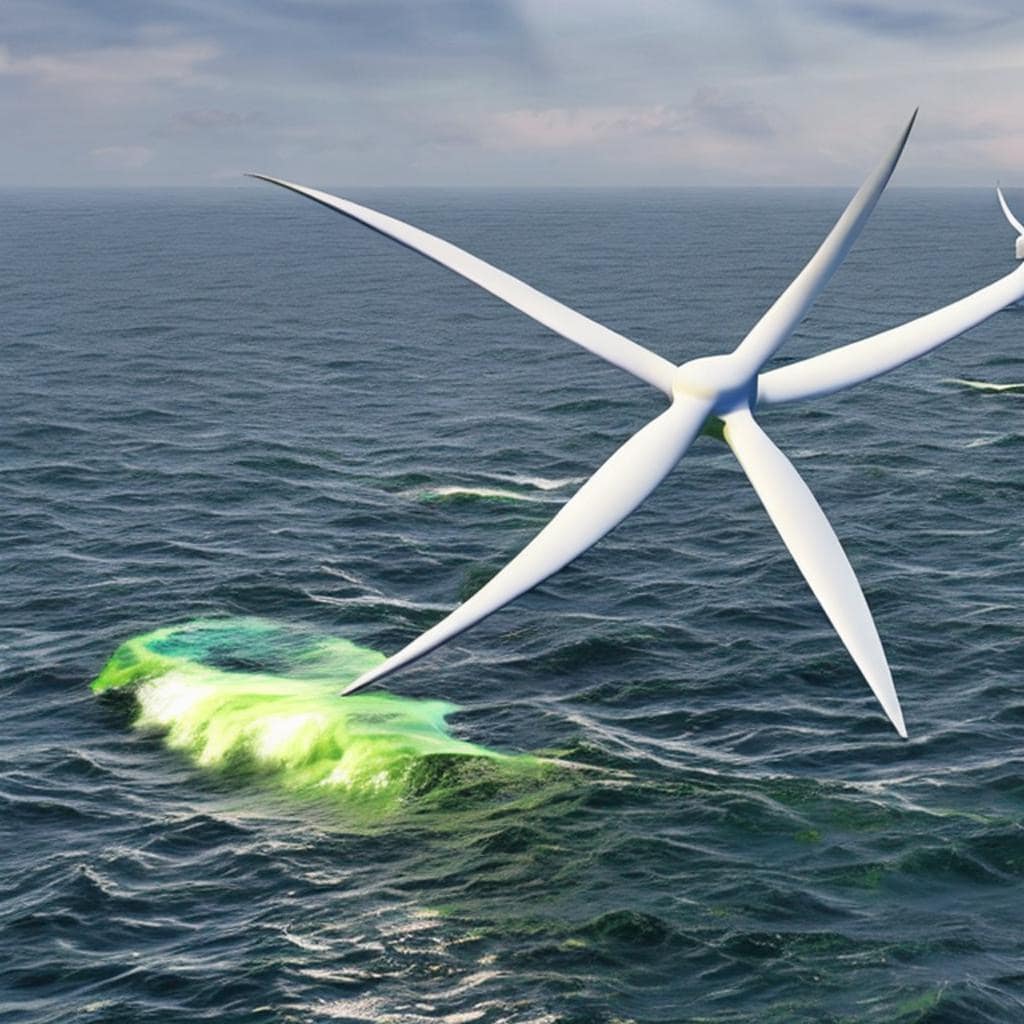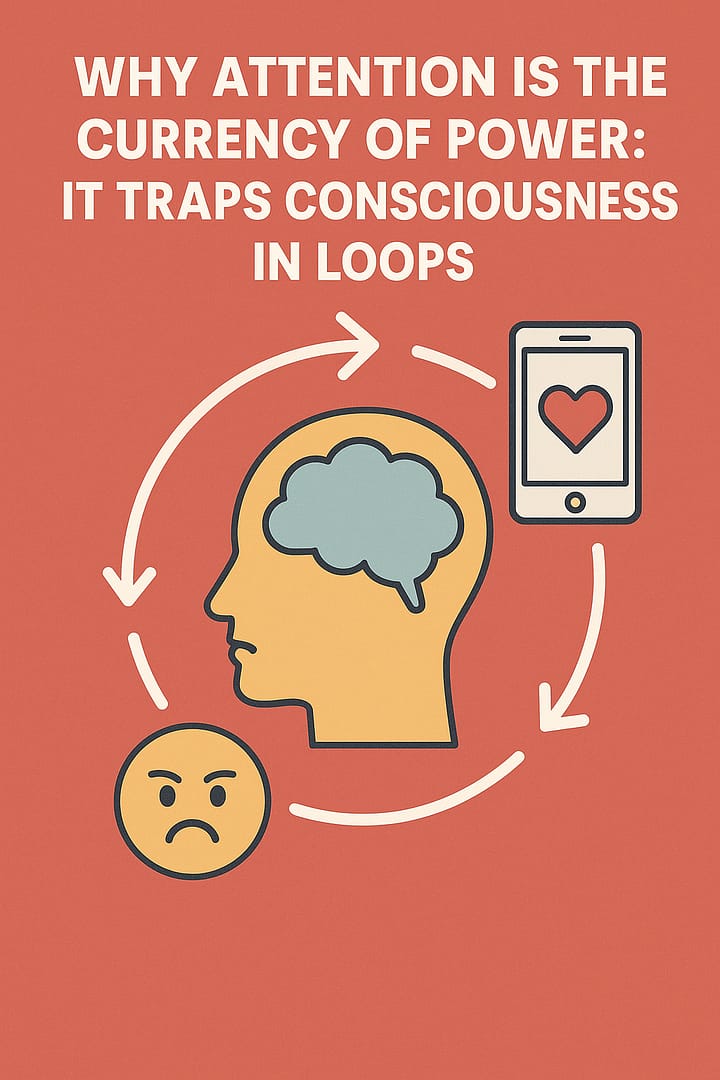Tidal Energy: An Overview
Tidal energy is a renewable energy source that harnesses the power of tidal currents to generate electricity. Tidal currents are generated by the gravitational pull of the moon and the sun on the earth’s oceans, and are predictable and consistent.
Tidal turbines are devices that use the kinetic energy of tidal currents to generate electricity through the rotation of a turbine. There are two main types of tidal turbines: horizontal-axis turbines and vertical-axis turbines.
Horizontal-axis turbines are similar to wind turbines, and are mounted on the seabed with the rotor blades facing the direction of the tidal flow. Vertical-axis turbines have a vertical rotor shaft and can rotate regardless of the direction of the tidal flow.
The advantages of tidal energy
Renewable and clean
Tidal energy is a renewable energy source that produces no greenhouse gas emissions or air pollution.
Predictable and reliable
Tidal energy is predictable and reliable, with stable output levels that can be forecasted accurately.
High energy density
Tidal currents carry a large amount of energy, making tidal energy a potentially significant source of power.
Can be integrated with other renewable energy sources
Tidal energy can be used in combination with other renewable energy sources, such as wind and solar power, to provide a more reliable and consistent energy supply.
Can have a positive impact on marine ecosystems
Tidal energy devices can create artificial reefs that can provide habitat for marine life.
Challenges associated with tidal energy
High initial costs
Tidal energy projects can be expensive to build and operate, requiring significant upfront investment.
Environmental impact
Tidal energy devices can have an impact on marine ecosystems, particularly on fish and marine mammals. However, research is ongoing to mitigate these impacts.
Limited availability
Tidal energy is only available in certain areas of the world, where there are significant tidal currents.
Tidal energy is a promising technology that can provide a significant amount of clean and renewable energy. While there are still challenges to be addressed, such as high initial costs and environmental impact, tidal energy has the potential to play an important role in the transition to a more sustainable and low-carbon energy system.

Source OpenAI’s GPT language models, Fleeky, MIB, & Picsart
Thank you for questions, shares and comments!
Share your thoughts or questions in the comments below!






